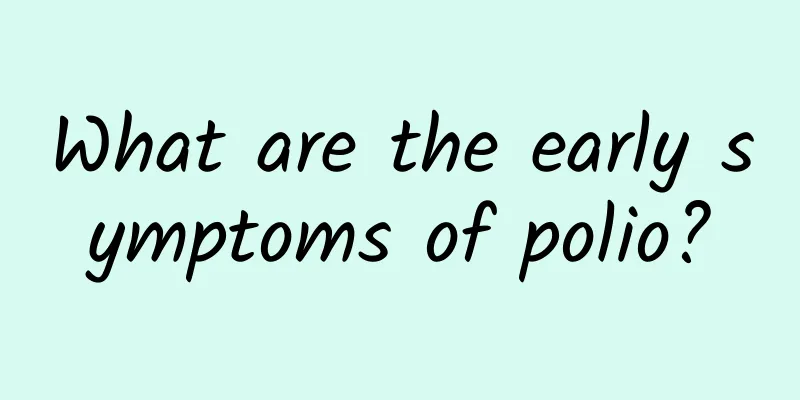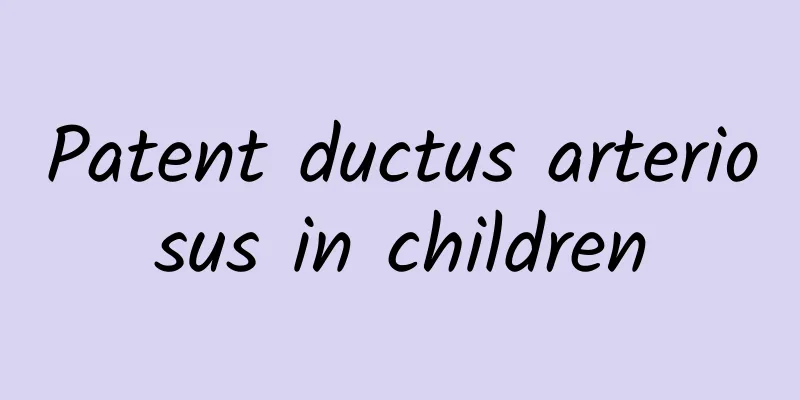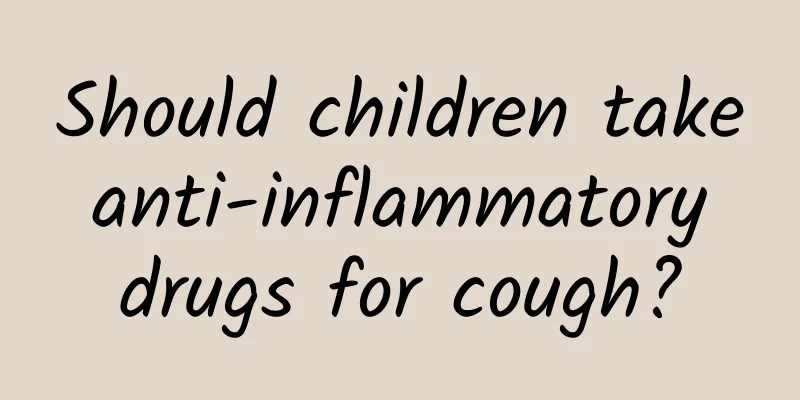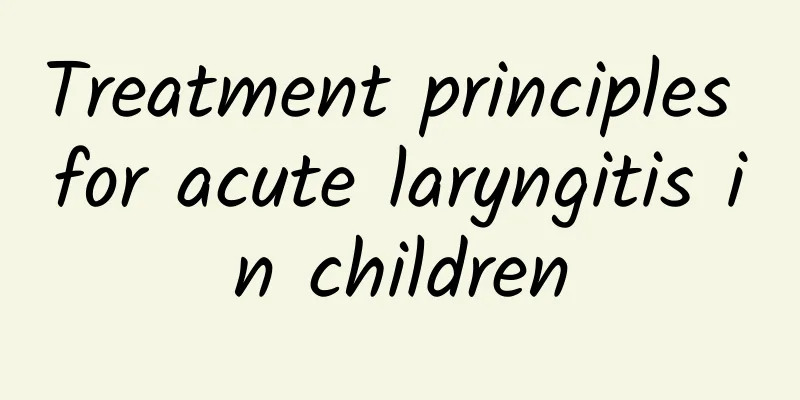What are the symptoms of iron deficiency in babies? What should be paid attention to when babies are iron deficient?

|
There are many symptoms of iron deficiency in babies, such as irritability, reduced activity, pale skin, decreased appetite, nausea, dizziness, etc. It is recommended to go to the hospital for a check-up when such symptoms are found. If iron deficiency occurs, it must be supplemented as soon as possible and cooperate with the doctor to supplement according to the amount. Only in this way can it be effective. Too much is also bad for the body. Iron is a trace element required by the human body. The amount required by the human body is very small, but the role of iron in the human body is indispensable and irreplaceable, especially for infants and young children who grow and develop at a relatively fast rate. Parents should pay more attention to iron supplementation in their children's diet, otherwise it will have an adverse effect on the healthy growth of their children. So, what are the symptoms of iron deficiency in babies? 1. Generally, before the anemia blood test shows abnormalities, babies often have symptoms such as irritability, lack of energy, reduced activity, pale skin, deformed nails (ingrown nails), etc. Parents can observe whether the baby's complexion is pale or yellow, and whether the lip membranes and eyelid mucosa are light in color. 2. Babies with iron deficiency anemia will have loss of appetite, pale complexion, nausea and vomiting, and changes in the digestive and hematopoietic systems such as hepatosplenomegaly. It can also cause brain tissue hypoxia and subsequent changes in the nervous system. Anemia will eventually affect the baby's intellectual development. Older school-age children may also have problems such as inattention, reduced comprehension, slow reaction, and poor memory. 3. Older children may tell their parents that they are always tired, dizzy, have tinnitus, palpitations and shortness of breath; some children even have the so-called "pica", these children particularly like to eat tree bark, sand, newspaper, raw rice and raw flour. 4. Babies with severe iron deficiency anemia may suffer from glossitis, angular cheilitis, and even slow growth and development. The body resistance of the child is reduced, and the child is prone to colds and various infections, such as indigestion, diarrhea, pneumonia, etc. Therefore, parents should attach great importance to it, detect it early, and give their children iron supplements in time. If the baby's iron deficiency symptoms are mild, parents should pay special attention to improving their children's diet so that they can take in iron in their daily diet, that is, feed them foods rich in iron. If the child is picky about eating, parents should correct it in time, cultivate good eating habits for the child, and ensure a balanced diet for the child. |
<<: How to treat verrucous nevus in children?
Recommend
Pregnancy and childbirth issues for children with eczema
What does it mean for children to have eczema dur...
Baby cough has allergic rhinitis
If your baby coughs and has allergic rhinitis, it...
What causes trehalase deficiency?
There are many disaccharidases in the small intes...
Can people with hand, foot and mouth disease eat shrimp?
Patients with hand, foot and mouth disease can ge...
What should I do if my child has recurrent mumps? What should I do if my child has oral ulcers?
Mumps and oral ulcers are more common diseases in...
What to do if children cough badly at night
When the seasons change, it is the peak time for ...
Can hand, foot and mouth disease be transmitted to adults? You must know these preventive measures!
Xiao Li is a young mother. Recently, her child Xi...
Will mycoplasma pneumonia infection recur in children? What medicine should I take?
Mycoplasma pneumoniae infection in children may i...
What is the most serious danger of breast milk diarrhea?
What is the most serious harm of breast milk diar...
What are the early symptoms of pneumonia in children?
Early symptoms of pneumonia in children include f...
How many days can children's diarrhea be relieved?
Diarrhea in children usually improves within 3 to...
The best specialist hospital for pediatric diarrhea
Autumn and winter are the peak seasons for diarrh...
What should mothers with breast-feeding jaundice pay attention to in their diet? Is it helpful for mothers with breast-feeding jaundice to drink more water?
Jaundice in children is a relatively common pheno...
Is two meals a day reasonable?
Whether two meals a day is reasonable depends on ...
What is conditional pathogenicity?
Conditional pathogenicity refers to the phenomeno...









